STEM Model in Johor, Malaysia
meriSTEM@NIE was awarded a grant from Temasek Foundation to co-fund and co-implement this four-year programme with the JCorp Foundation, as the host community partner. The programme seeks to co-create a sustainable and scalable partnership model between schools and STEM industries that support continual STEM capacity-building of residents of Johor and Singapore, as well as design and implement connected and customised STEM programmes.
Programme Highlights
Baseline Study on STEM Education and Industry Needs in Johor
A 3-day baseline study of the state of STEM education and the profile of STEM industries in Johor, Malaysia was conducted from November 6 and 7, 2023. The NIE team observed lessons from 5 chosen schools accompanied by focused-group discussions with teachers, students, and school heads. Aside from the schools, industry heads affiliated with JCorp along with state board executives from the Ministry of Education (MOE) attended the focused-group discussions to understand the needs of the industries.
During the school visits, the schools presented the background of their school along with different types of STEM curricula in their schools. The school visits also included lesson observations and focused-group discussion with the members of each school community. This provided the NIE consultants with insights on the state of STEM curriculum and the school leaders’ and teachers’ understanding of STEM education. On Day 1, SMK Seri Medan, SMK Bandar Baru Uda, and SMK Telok Kerang were observed. On Day 2, SMK Bandar Penawar and SMK Buluh Kasap.
SMK Seri Medan, located on 18km from Batu Pahat town, actively promotes STEM education through various hands-on activities and participation in various competitions. The school’s involvement in Global IT Challenge for youth with disabilities has also shown their commitment to an inclusive STEM education. Additionally, the school also offers unique STEM programmes.







SMK Bandar Baru Uda ranks 11th among the top 15 schools in Johor Bahru. The school actively participates in various STEM-related activities which includes national-level competitions and international digital classroom conference. There are also agriculture activities managed by students themselves which incorporates technology.


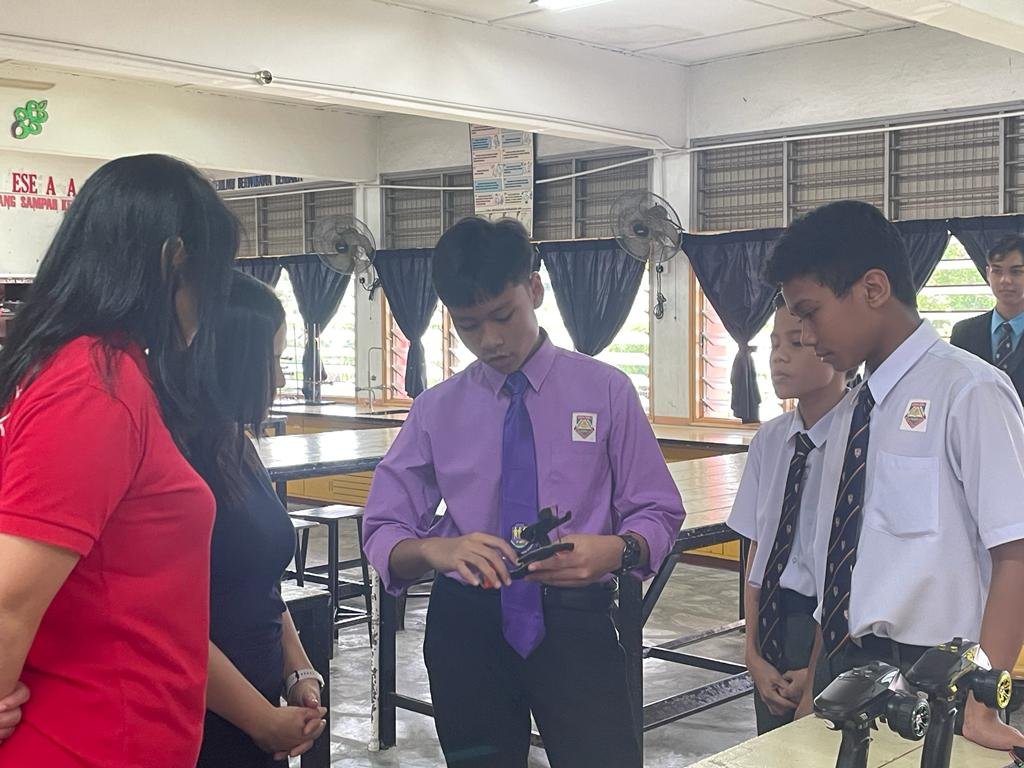
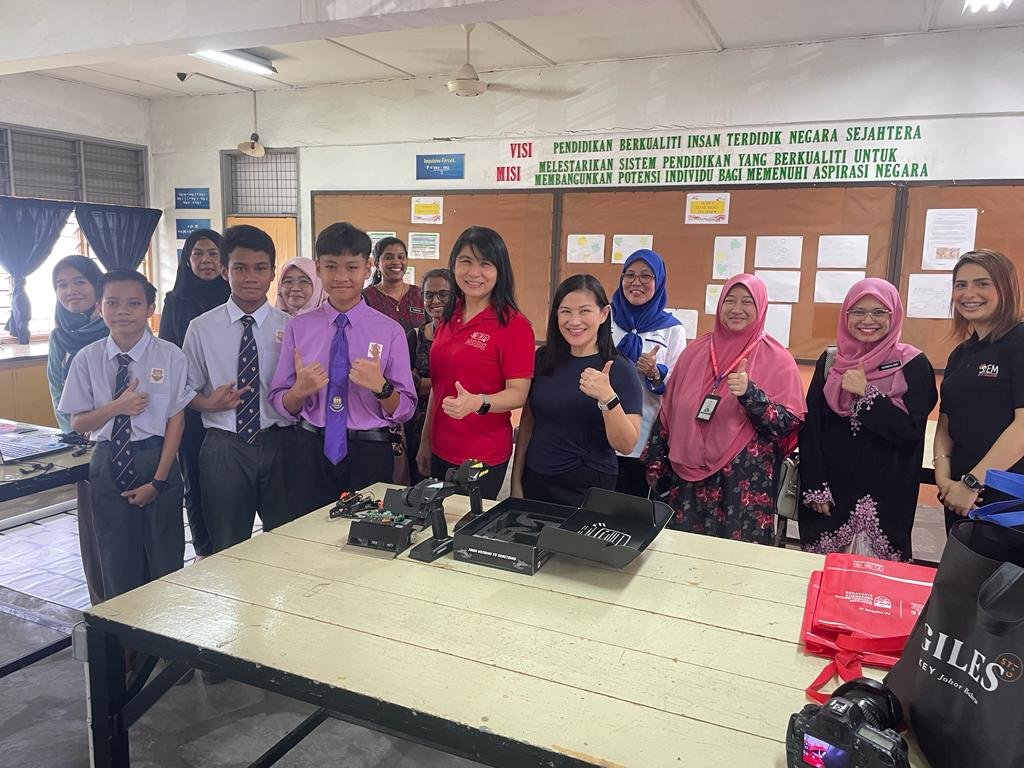


SMK Telok Kerang was founded in 1960 and takes in students mainly from Malay communities living around Kampung Telok Kerang. The school has a strong emphasis on the environment and sustainability with the aim of “educating SMK Telok Kerang members and the surrounding community to be more sensitive concerning environmental issues and applying the knowledge, skills, values and commitment to act individually or collectively toward solutions of environmental issues.” Being a small public school with limited resources, the school community takes pride in the fact that their school punches above its weight and does well in regional, national, and international Sustainability-related competitions.
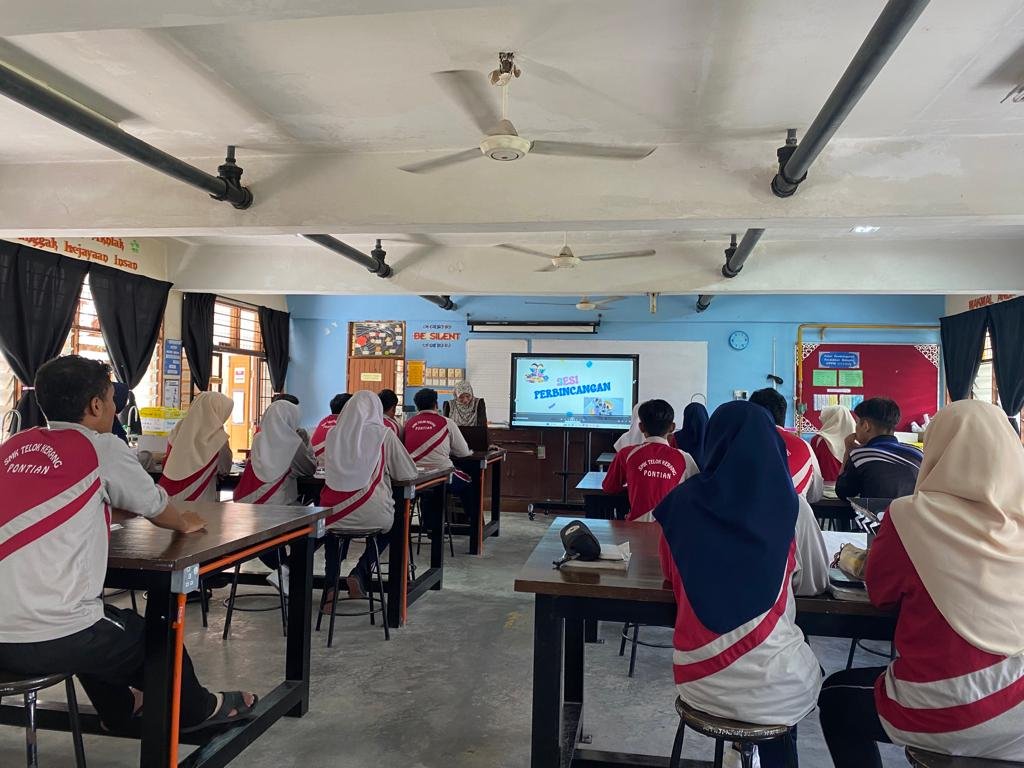
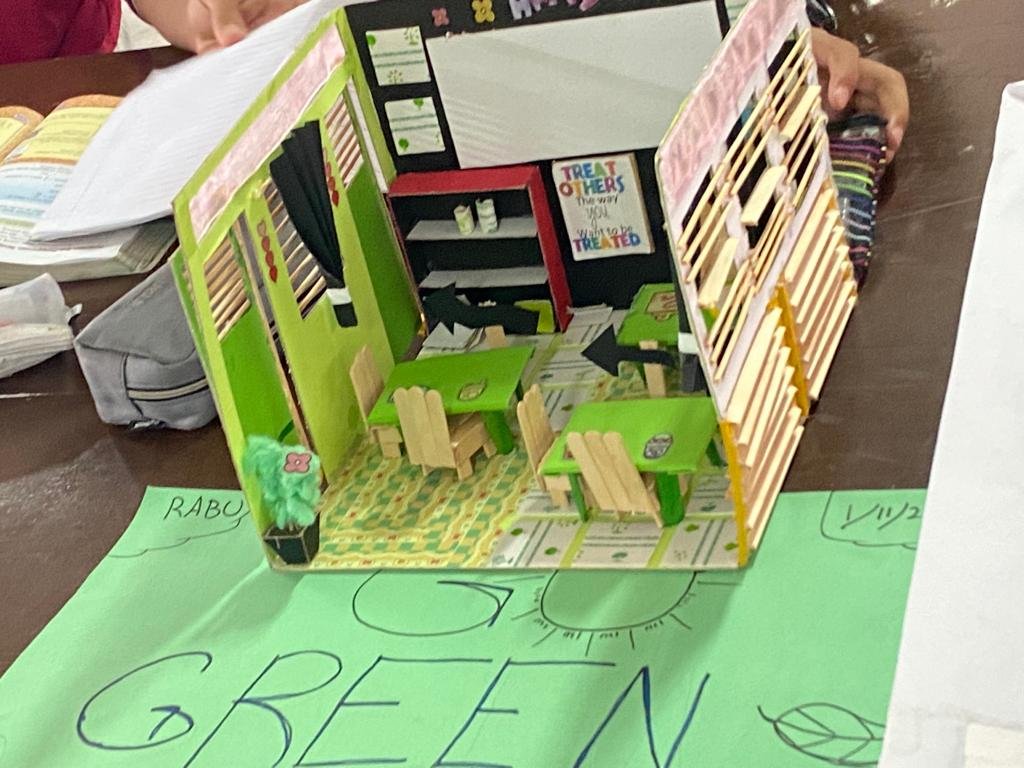
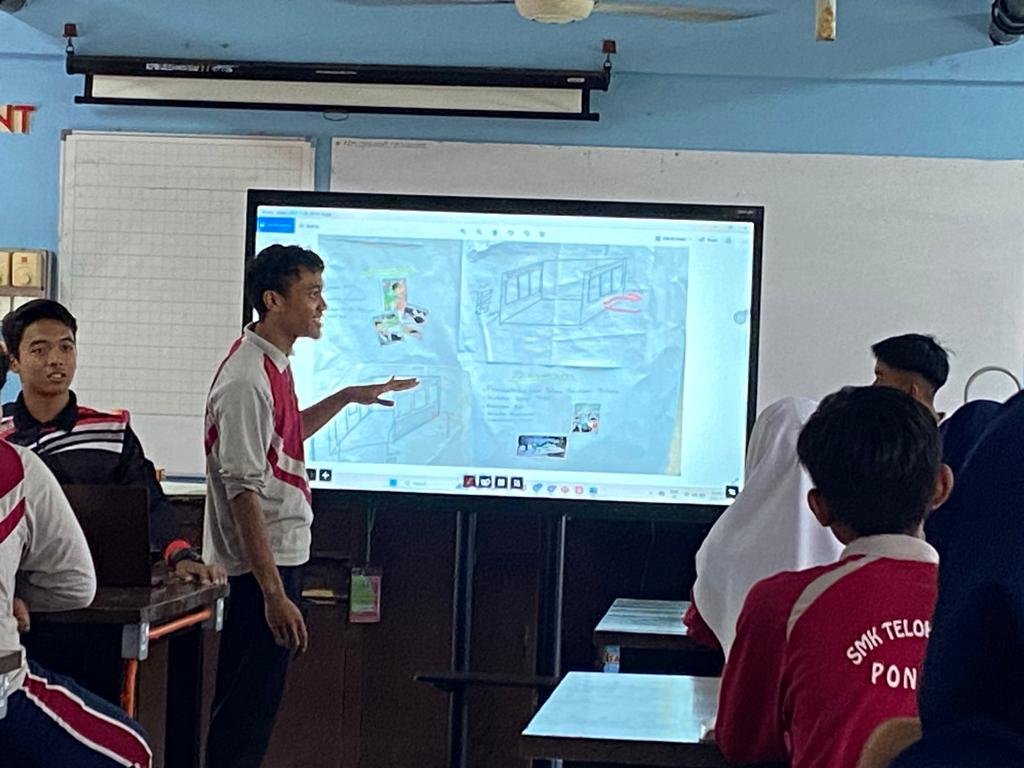
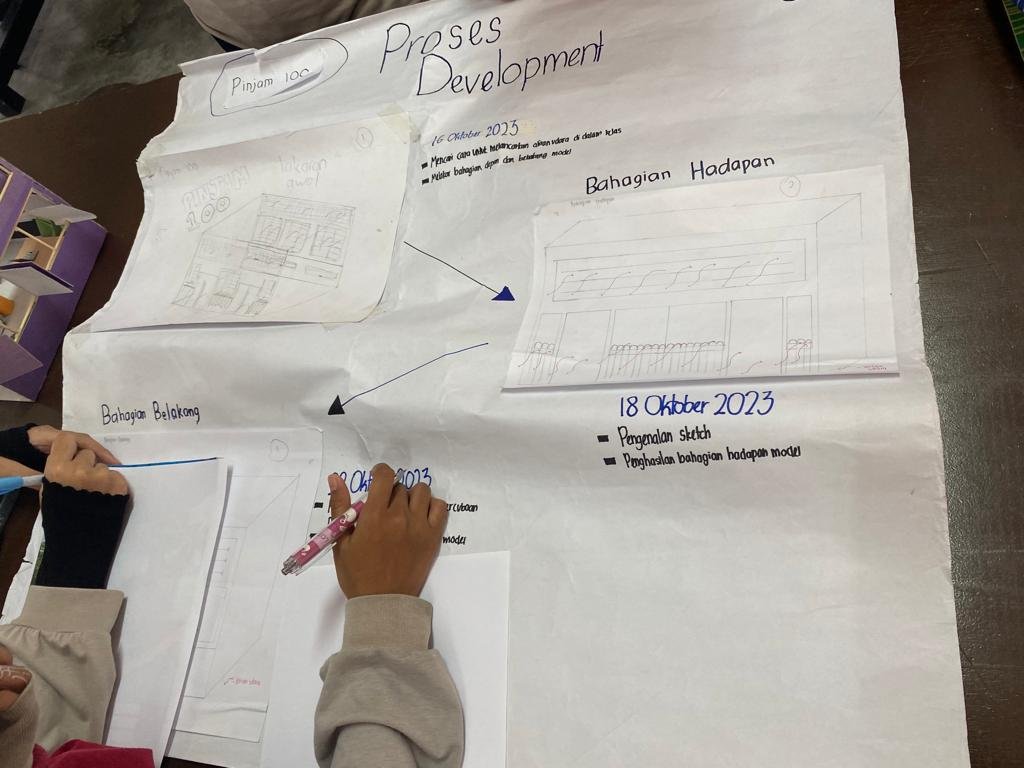


SMK Bandar Penawar, located in Kota Tinggi, is enthusiastic about demonstrating its technological advancements, particularly in high-tech agriculture. The school actively involves students in diverse STEM-related competitions and activities. One of the school staff also leads a unique honey project involving stingless bees, engaging students and staff in the extraction and sale of honey within the school. Another unique initiative within the school involves a student-run café during recess, aimed at replicating learned agricultural practices. The school sells agricultural produce, mainly fruits and vegetables cultivated by students, as part of the J-Biotech Farm to School initiative.






Established in 1983, SMK Buloh Kasap derives its name from its proximity to Buloh Kasap Town. Spanning within an area of approximately 30 acres, the school primarily focuses on agricultural activities, with one acre dedicated to farms, orchards, and gardens. The school offers a vocational program in crop production, emphasising a balanced assessment between theoretical knowledge and practical application. The modular vocational program in crop production enables special education students to pursue Malaysia Skills Certificate modules, emphasising both theoretical and practical assessments. In tandem with its academic offerings, SMK Buloh Kasap also actively engages the students in extracurricular activities and hosts various thematic months with a range of engaging activities like fairs and competitions.






During the trip, NIE consultants also conducted a focus group discussion with industry representatives who held strategic positions in the company and oversaw the business operations related to agricultural and/or engineering companies and so on. Their insights provided invaluable information on the competencies that they sought to have in current and future employees.
STEM Workshops in in Singapore
15 to 18 July 2024
The first face-to-face workshop was conducted in Singapore from 15 to 18 July 2024. The four-day programme was attended by 51 delegates from Johor. The first day began with a lecture on introduction to STEM where participants learnt about the origins and evolution of STEM education, and STEM education in Singapore, and integrated STEM curriculum, conducted by Associate Professor Teo Tang Wee. In the afternoon, the participants experienced a hands-on workshop on designing problem-, solution- and user-centric STEM lessons for students, where they had a chance to experience a STEM lesson from a student’s point of view.
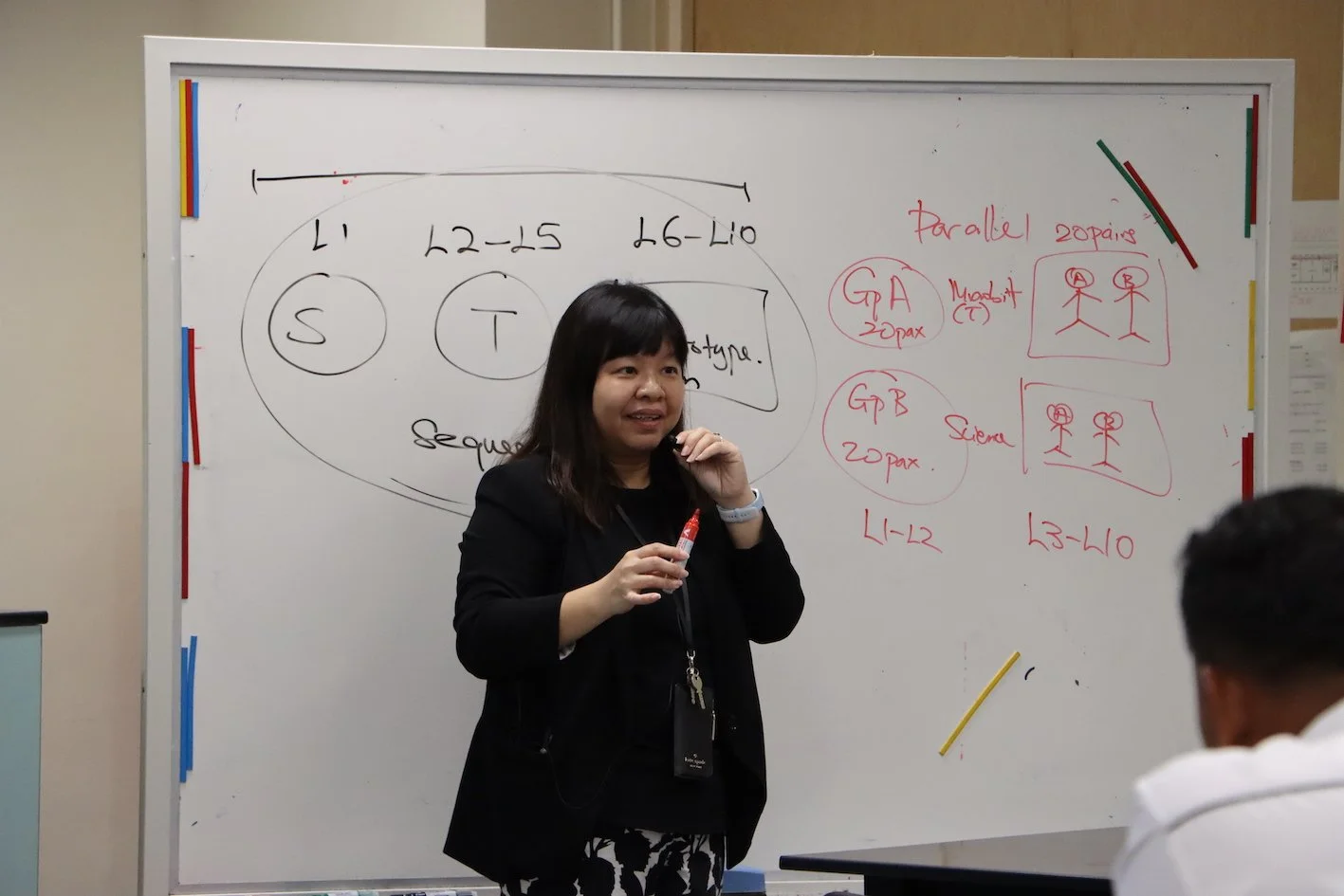
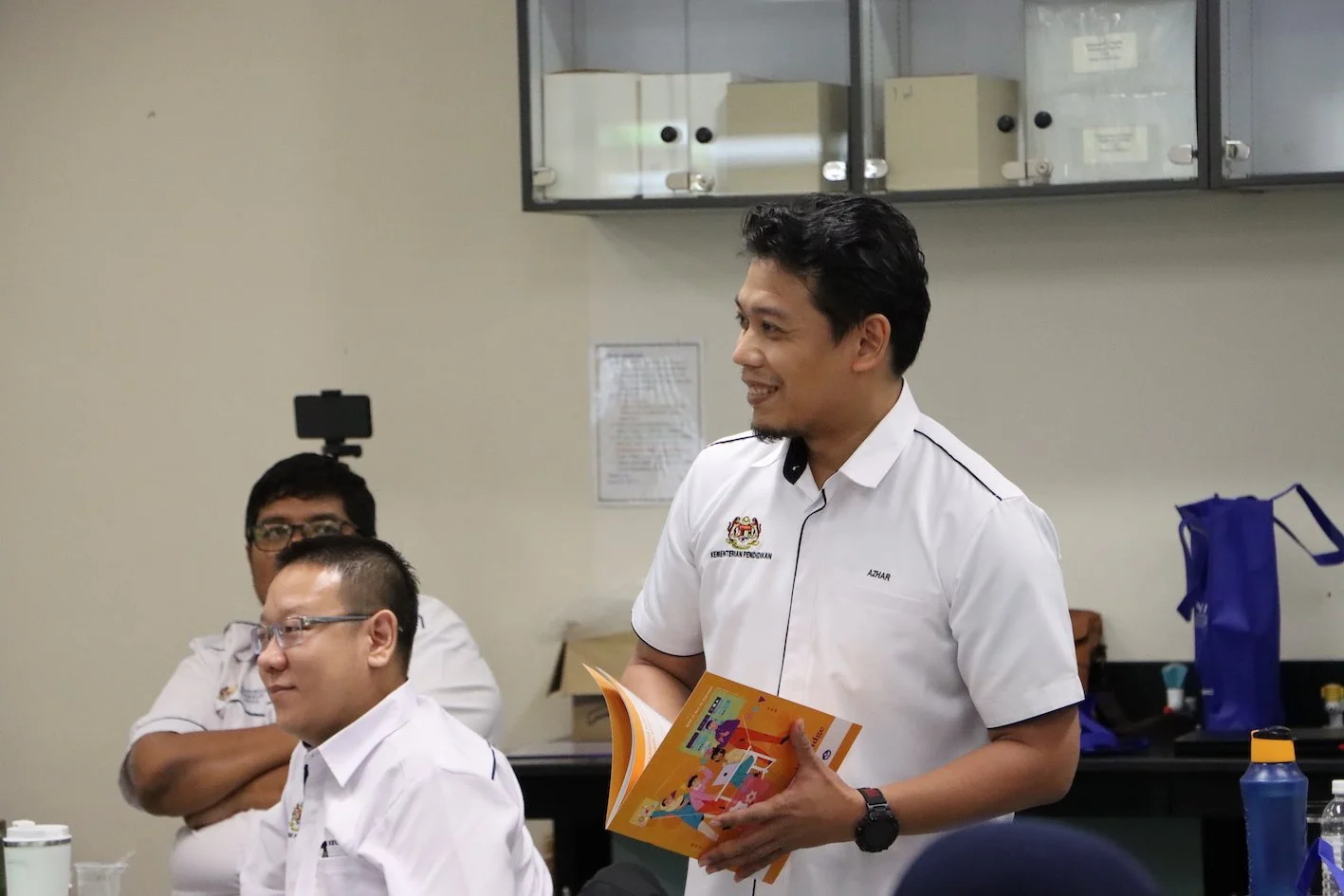
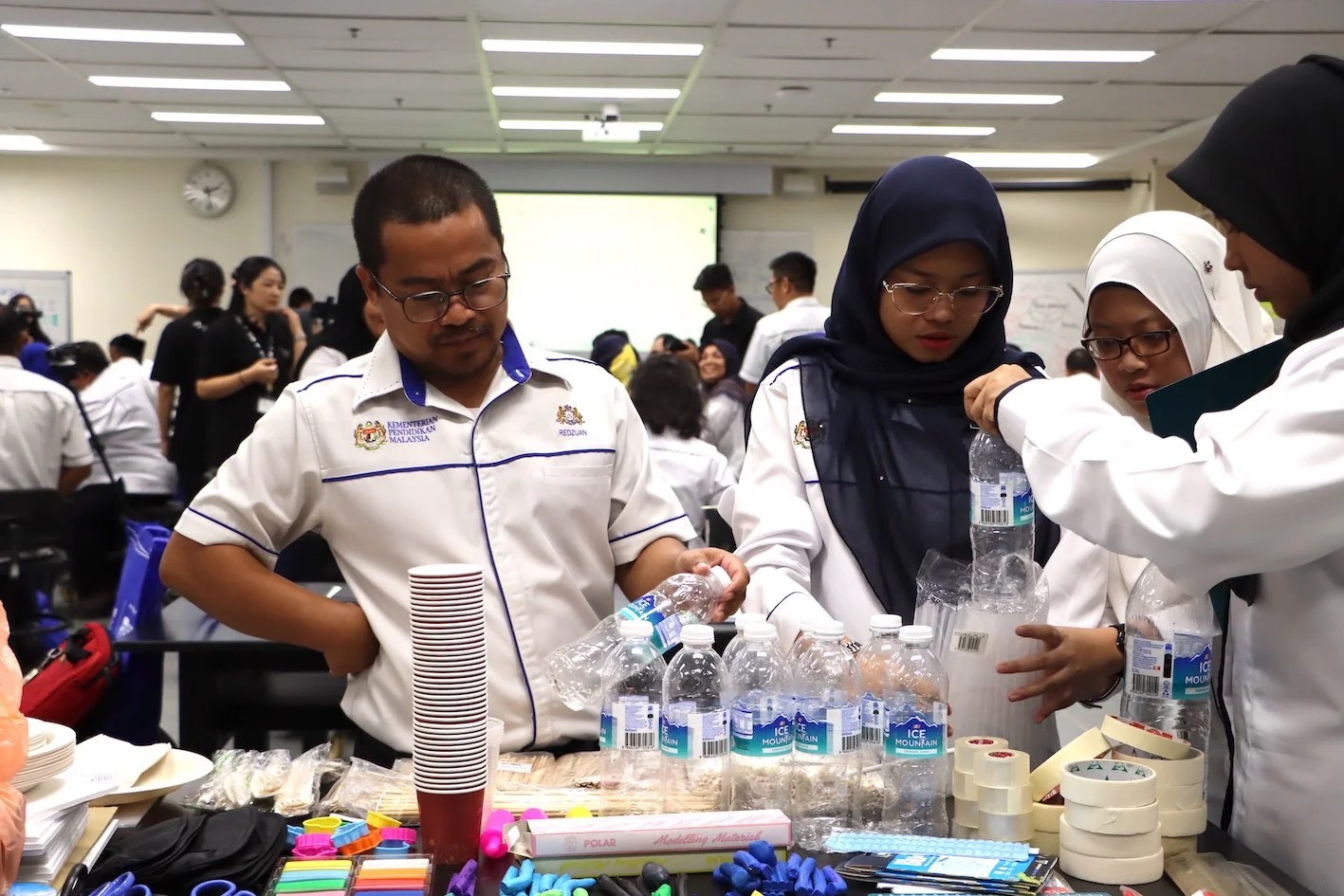
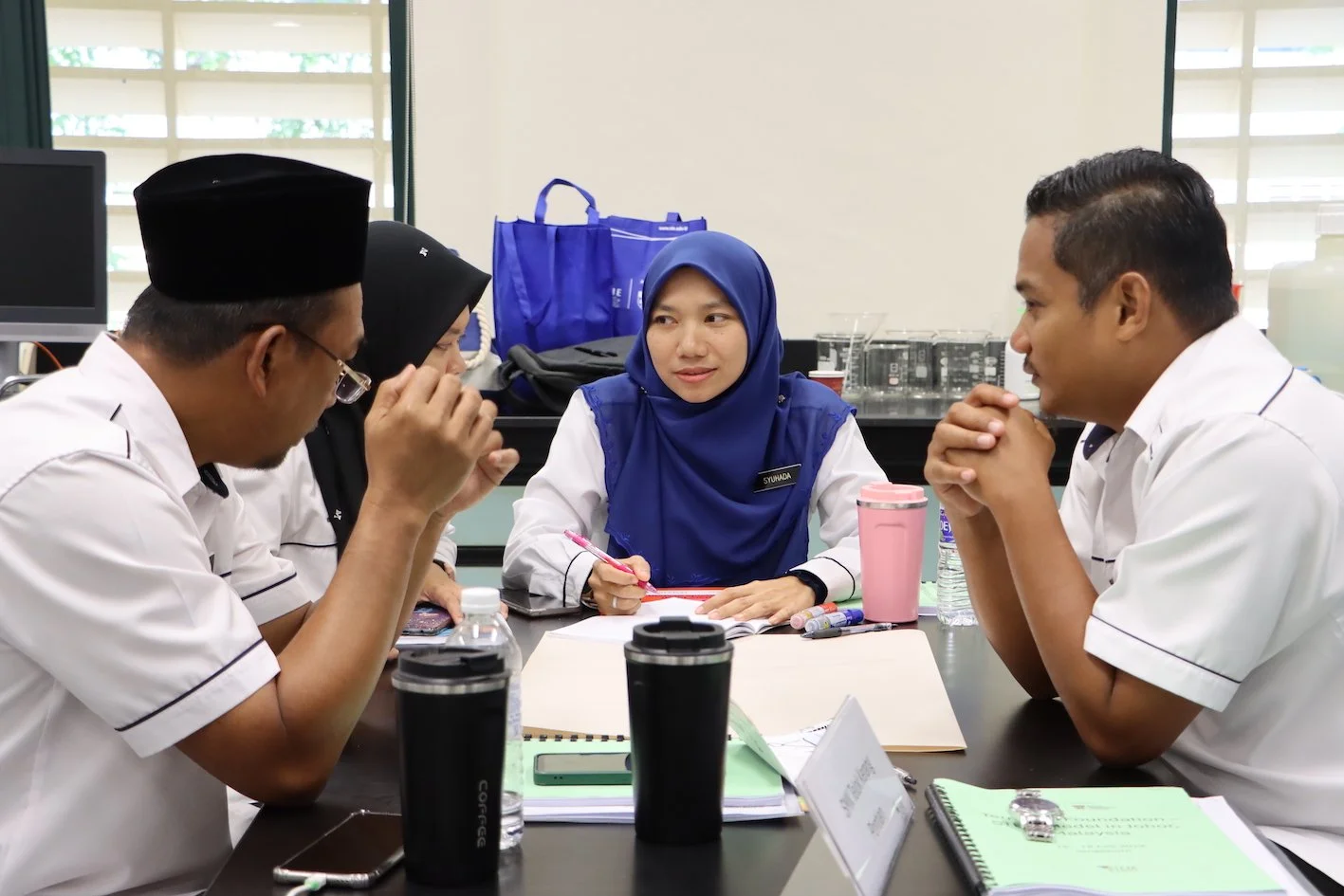

The second day focused on agriculture-STEM education. The morning featured a lecture by Associate Professor Tan Aik Ling on plant growth and food sustainability curriculum, where the participants got to work in groups to analyse and share their school’s teaching style for agriculture lessons. The afternoon centred on design and technology foundations where the participants learnt basic design principles and considerations for urban faming planting systems.

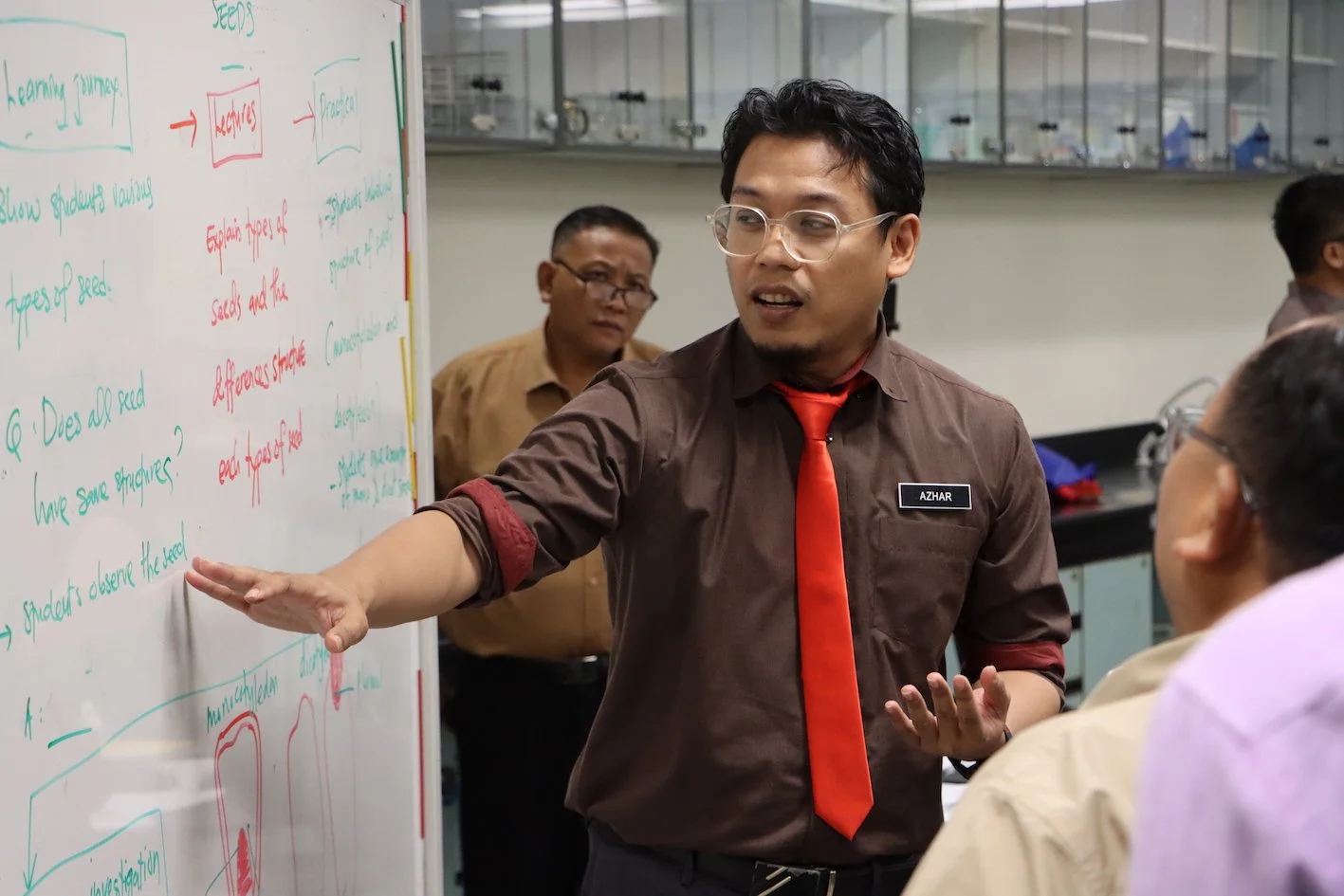


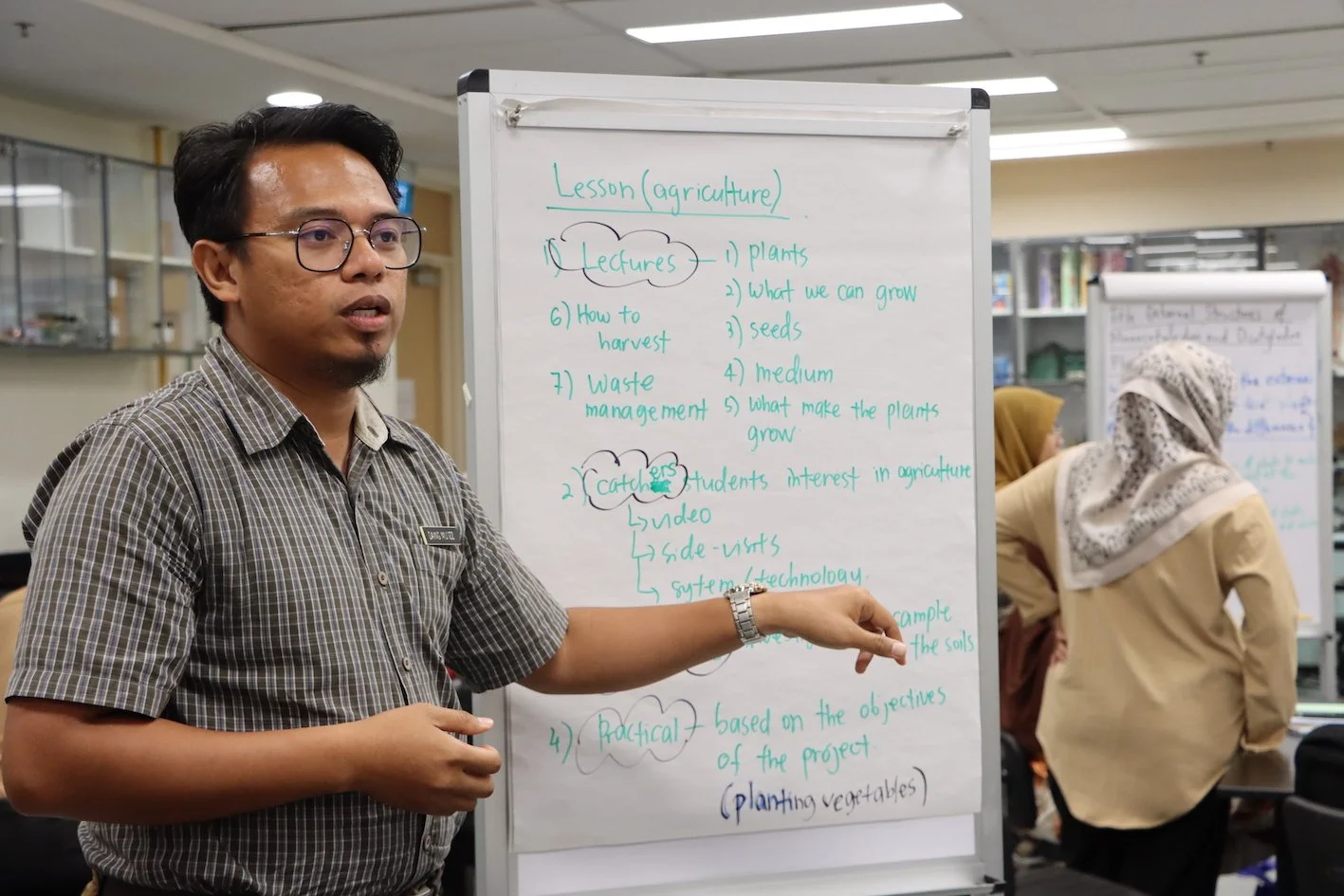


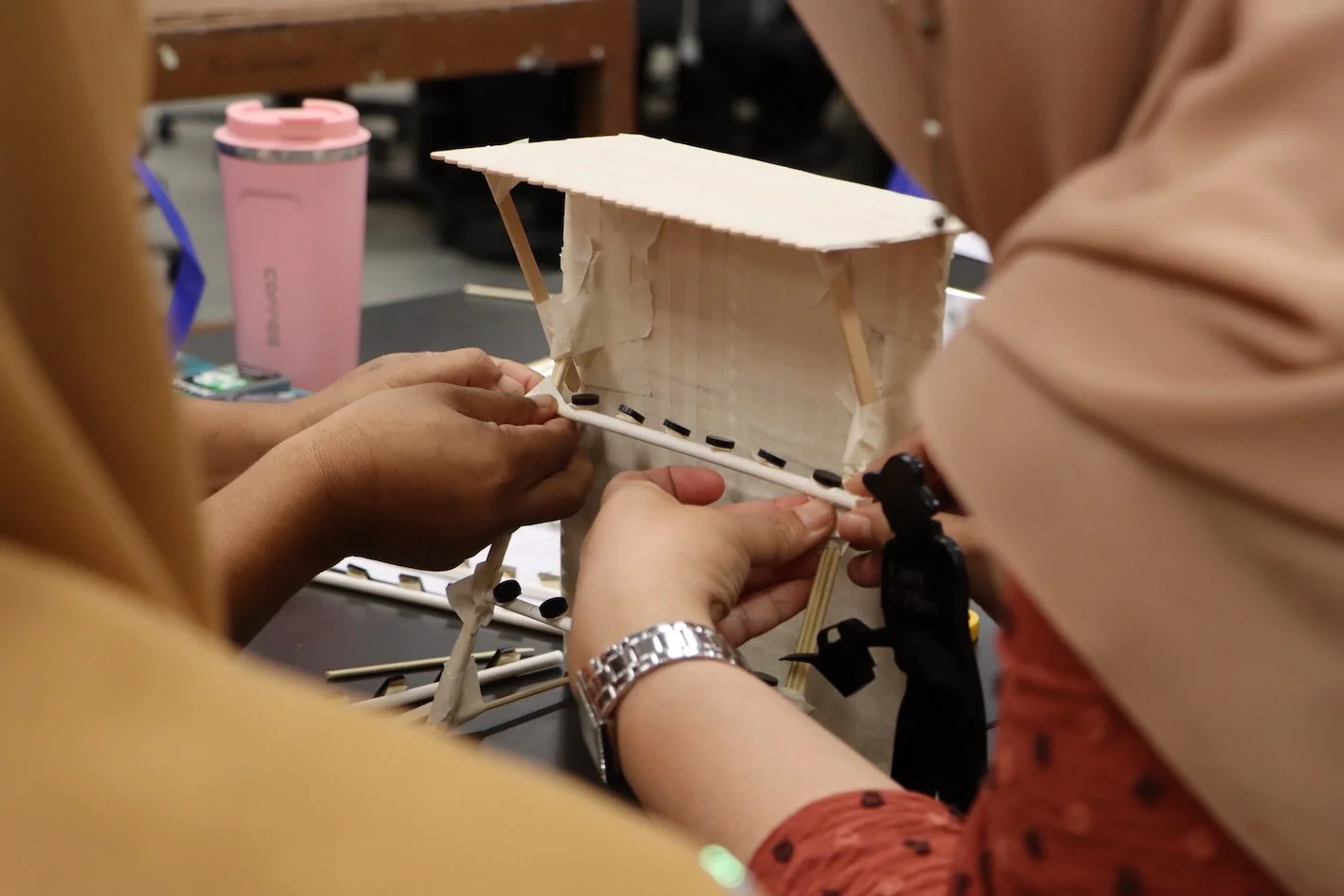
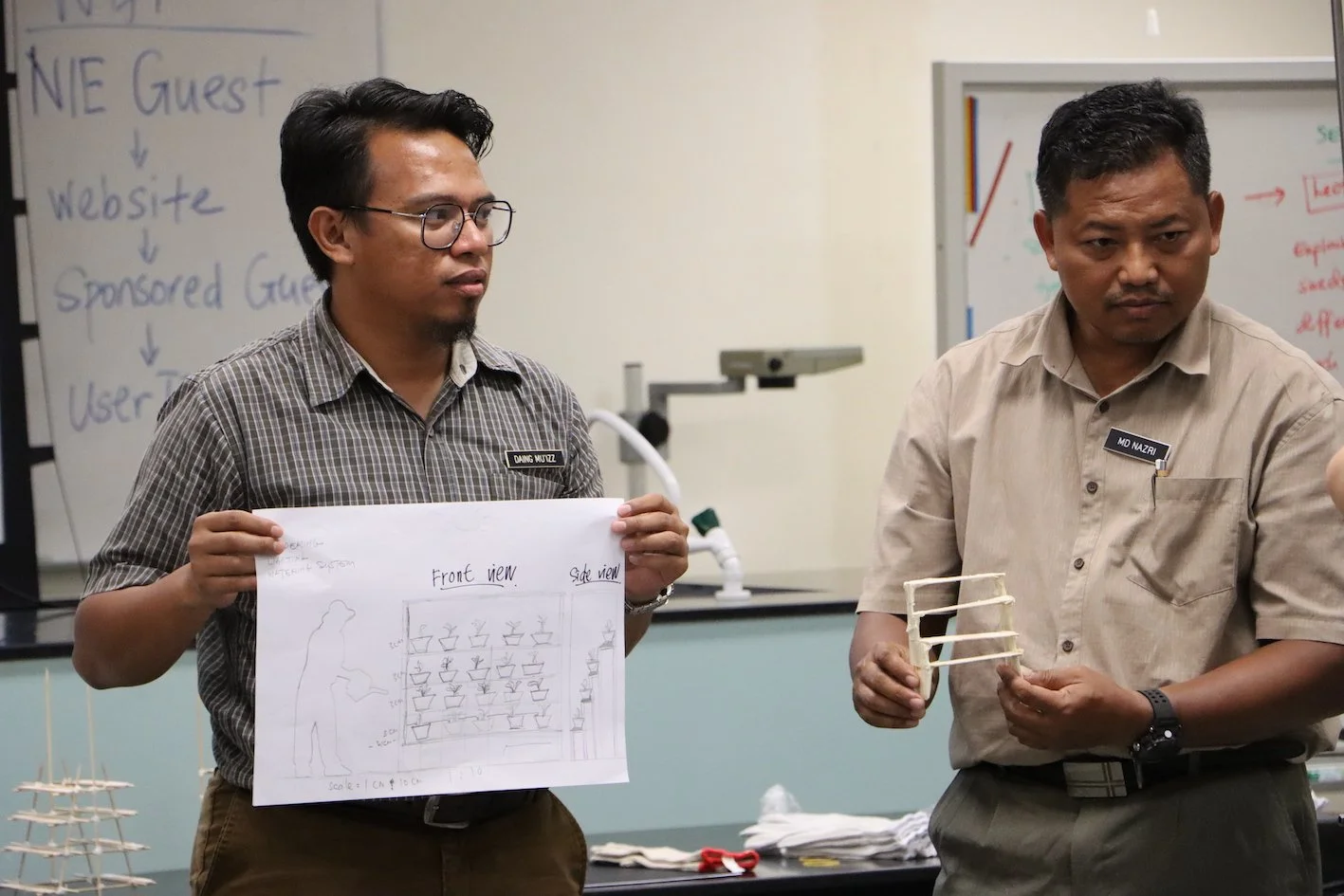
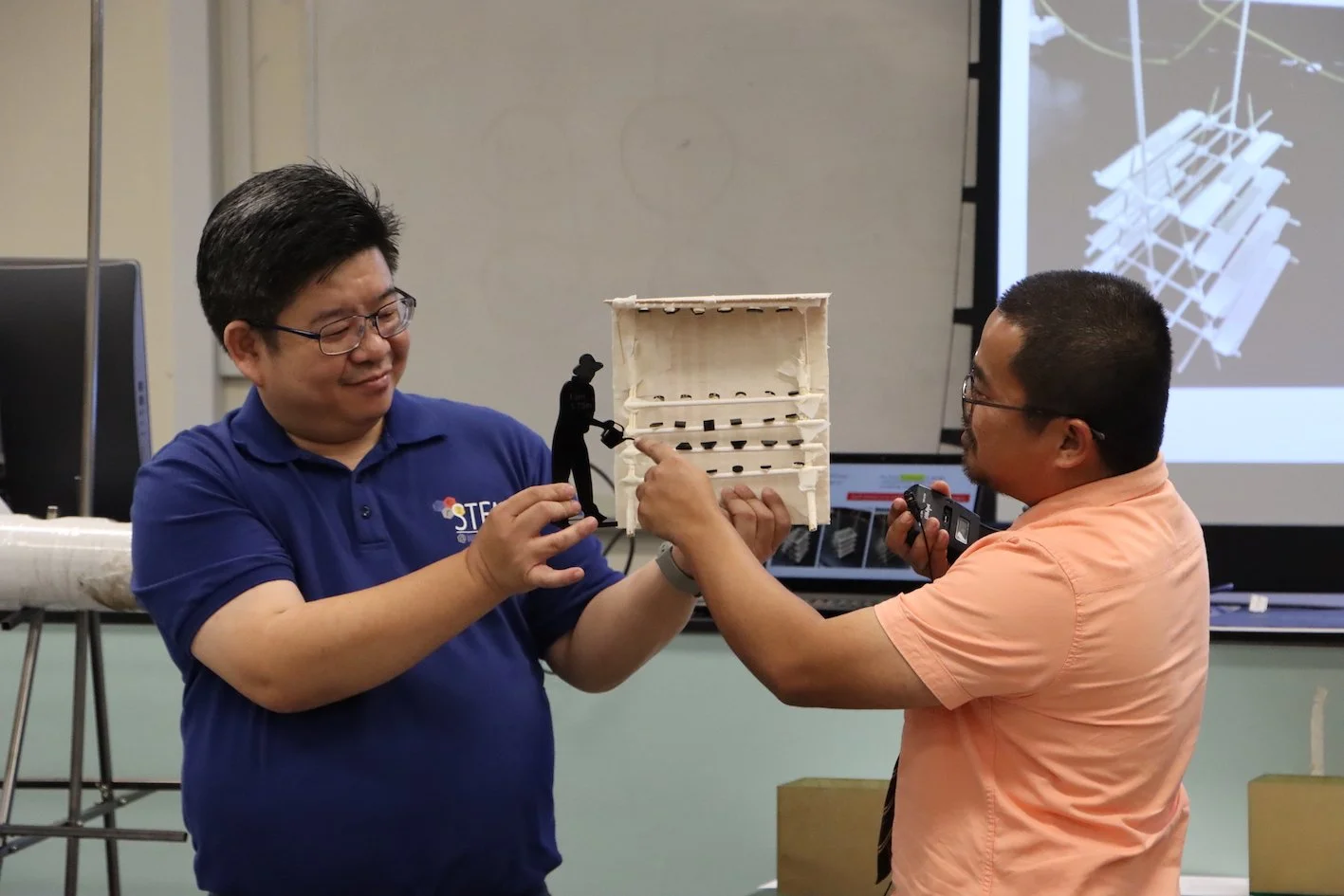
The morning of the third day saw the participants on a learning journey to a community rooftop farm to understand more about urban farming in Singapore. The participants also learnt about some ideas related to agriculture such as growth cycles, plant heath and creating a sustainable business model. In the afternoon, they worked in pairs to design a STEM inquiry project for their school to teach an agricultural inquiry skill.









The final day of the workshop focused on learning STEM curriculum design and pedagogies. This provided a structure for teachers to discuss their STEM inquiry projects, and ended with an opportunity for the teachers to present their STEM curriculum plan.





To wrap up the programme, there was a closing ceremony graced by the following guests:
YB Aznan bin Tamin (Chairman of the Education and Information Committee, Johor State), Tn Hj Mohd Hanafi bin Samad (Director, Johor State Education Department), Dr Yap Soon Li (Assistant Director, Johor State Education Department), Mrs Rosita Md Ali (Manager, JCorp Foundation), Mr Shahrazali Sahlan (Deputy Manager, Jcorp Foundation), Mr Shah Reza bin Md Kanafe (Senior Manager, Sultan Ibrahim Johor Foundation), Mr Nor Afizan bin Mohd Jalil (Executive, Strategic Relations Unit, Sultan Ibrahim Johor Foundation), Mr Hishamuddin bin Abdul Rahim (Chief Executive Officer, Raja Zarith Sofiah Johor Foundation), Mr Dawson Yeang (Communications and Corporate Manager, Raja Zarith Sofiah Johor Foundation), Mr Saifuddin bin Abdul Rahim (Chief Executive Officer, Johor Economic, Tourism and Cultural Office Singapore), Mr Muhammad Amirul Ardy bin A. Rahim (Manager, Johor Economic, Tourism and Cultural Office Singapore), Mr Muhammad Imran Bin Mohd Razib (Information Officer, Media Digital Johor (Johor State Government Media Agency)), Professor Liu Woon Chia (Director, National Institute of Education), Ms Shin Gee Tan (Senior Director, Temasek Foundation), and Ms Alina Chia (Associate Director, Temasek Foundation).
There were three closing addresses. First by A/P Teo Tang Wee who touched on the key highlights of the programme and emphasised that this programme is a collaborative effort about sharing knowledge, and more importantly about fostering a deep sense of co-enculturation between Singapore and Malaysia, building bridges of understanding and cooperation through shared STEM citizenship. Second was a video message from Ms Zaidatul Zurita Abdul Rahman, CEO, Yayasan JCORP, who shared her appreciation to Temasek Foundation and National Institute of Education for developing this programme as part of the urban farming initiative. She also expressed her hopes that the participating teachers will lead the new way of looking at agriculture and improve the standard of STEM education in Malaysia. Last to address the participants was YB Aznan bin Tamin. He called attention to the critical role of education in fostering innovation and sustainability and emphasised the goal of the programme to establish a sustainable network of proficient instructors to mentor other educators in Johor and ensure continuous improvement in STEM education










30 September to 3 October 2024
The second face-to-face workshop session was conducted in Singapore from 30 September to 3 October 2024. The four-day programme was attended by 55 delegates from Johor. The first day kicked off with presentations from each of the participating schools on the STEM inquiry projects they implemented. Later in the morning, featured sharing session by Dr Mervin Ang, Associate Scientific Director, DiSTAP (SMART), on nanosensing tools for next-generation agriculture. The sharing introduced the participants the latest cutting-edge research in farming, and how technology can be used in farming, which was the central focus of the workshop.











In the afternoon, the participants went on a learning journey to NUS High, which is one of the two specialised STEM high schools in Singapore. The learning journey included a tour of the school and a presentation where the participants got to hear from the NUS High Principal Ms Soh Lai Leng Magdalen, Academic Deputy Principal, Mr Goh Hock Leong and Head of Communications & Outreach, Ms Chong Ai Lin, on the specialised approaches and programmes that NUS High has.











Day two of the workshop was a full day of hands-on learning coding with the BBC micro:bit for smart agriculture applications with Dr Timothy Tan. Participants were introduced to the role of technology in education, from developing digital competencies and computational thinking to the application and integration in STEM. After the introduction, they got hands-on experience learning to use the technology and explored projects using the smart agriculture kits.
The morning of day three was a continuation of the micro:bit lecture. Building upon what they learnt about micro:bit the day before, and its uses in agriculture, the participants where challenged to design make and code a model system for a smart agriculture system that automates tasks or solves problems.

















The afternoon took the participants on a learning journey to Sky Greens Vertical Farm. The guides Peter and Raymond shared all about the circular econonmy at the vertical farm, and the technology within their agriculture system from mechanics of how the vertical planters work to the IoT sensors used to monitor the crops. It was an eye-opening experience for the participants to see first-hand how technology is applied in agriculture.







On the last day, the participants were taken on a learning journey to Gardens by the Bay, to showcase another technology focused agriculture-STEM application. The participants were taken on a guided tour of the Cloud Forest and Flower Domes and introduced to the sustainably features and energy-efficient solutions in the gardens.







To wrap up the 4-day workshop, Associate Professor Tan Aik Ling synthesised and consolidated the participants learnings, allowing them to reflect on they can apply all that they have learnt back in their own schools. Associate Professor then took over for the closing and shared what is upcoming in the new year for the programme before ending the day.









